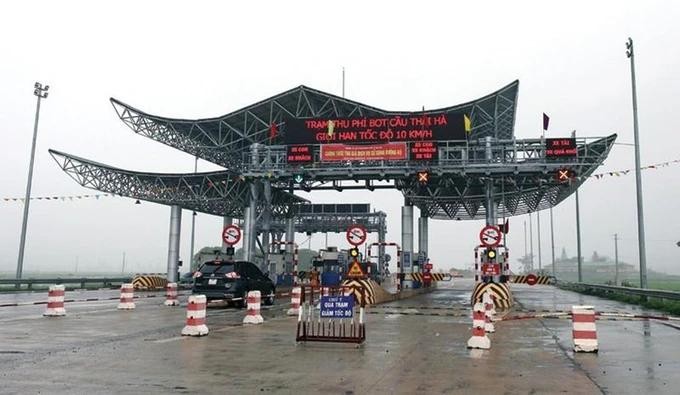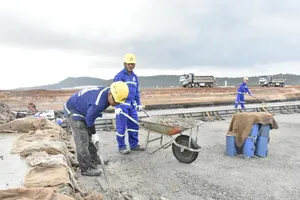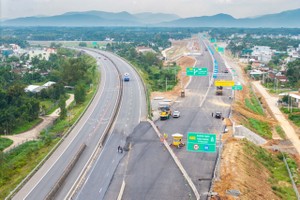
The Ministry of Transport has recently submitted a proposal to the Prime Minister aimed at introducing regulations to the amended Law on Investment concerning PPP Law in order to alleviate challenges and impediments faced by BOT projects.
The Ministry of Transport has specifically suggested the inclusion of the following in the transitional clause. For transport infrastructure investment projects established through BOT contracts signed prior to 2021, the Government shall outline the conditions and criteria applicable to BOT projects regarding the use of State capital for contract termination before the stipulated deadline or for providing support during the operational phase to ensure the continuation of the contract.
The Ministry of Transport has indicated that the National Assembly is presently reviewing the amended PPP Law. Consequently, the inclusion of regulations within the transitional clause of the draft law aims to address challenges and impediments faced by the group of BOT transport projects that entered into contracts prior to the implementation of the PPP Law.
The Ministry of Transport, following the guidance of the National Assembly Standing Committee and the Prime Minister's directives, collaborated with local authorities to evaluate the challenges facing BOT transport projects across the country and formulate suitable solutions.
The synthesis results indicate that among 140 BOT transport projects nationwide, only 11 have clearly identified the difficulties and obstacles that require resolution.
Furthermore, several projects present potential risks for revenue reduction, primarily attributed to investments in parallel expressways and level crossings, although these risks cannot be precisely quantified. For instance, the BOT QL26 project faces a risk of revenue decline linked to investments in the Khanh Hoa - Buon Ma Thuot expressway.
Additionally, the project aimed at upgrading and expanding National Highway 14, specifically the section from 38 to Dong Xoai town in Binh Phuoc, along with the expansion of National Highway 14 from Km817 to Km887 in Dak Nong, are also susceptible to revenue decline due to investments in the Gia Nghia - Chon Thanh expressway.
The Ministry of Transport has put forward two potential solutions. One involves augmenting state capital support during the operational phase to enable the parties to persist with the contract, while the other suggests terminating the contract and allocating state capital to compensate the investor.
In this scenario, both the investor and the lending bank would be accountable for distributing the reduction in profits and interest to maintain a balance of interests. Nevertheless, these proposed solutions lack sufficient regulatory frameworks for implementation; thereby, it is necessary to have amendments to the law.
























